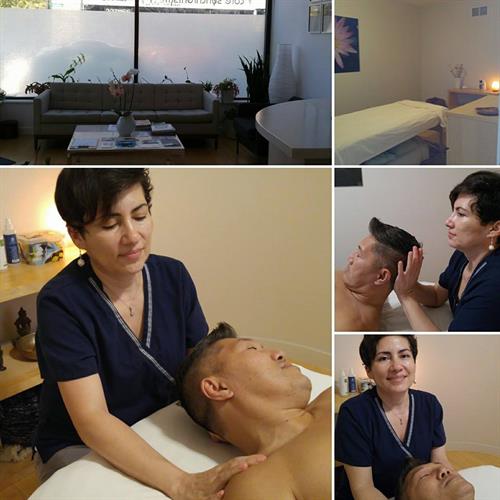What is Musculoskeletal Syndrome of Menopause (MSM)
Are you navigating menopause challenges? Musculoskeletal Syndrome of Menopause (MSM) affects up to 70% of women, leading to issues like joint pain and stiffness.
Inflammation is at the root of it, as highlighted by Dr. Vonda Wright. In a video I’m sharing, she lists six key factors, with inflammation being the primary culprit.
So, what can you do?
Women can take proactive steps to manage menopause challenges and promote their overall well-being. Here’s how:
Prioritize Self-Care: Make self-care a priority by engaging in activities that promote relaxation and reduce stress. This could include practicing mindfulness, meditation, or spending time doing hobbies that bring joy.
Stay Active: Regular exercise is crucial for maintaining muscle strength, joint flexibility, and bone density. Incorporate a variety of physical activities into your routine, such as walking, yoga, or swimming, to support overall health.
Eat a Balanced Diet: Focus on nourishing your body with a balanced diet rich in fruits, vegetables, whole grains, lean proteins, and healthy fats. Incorporating anti-inflammatory foods like fatty fish, leafy greens, berries, and nuts can help reduce inflammation and alleviate symptoms.
Manage Stress: Find effective ways to manage stress, as chronic stress can exacerbate menopause symptoms. Practice relaxation techniques such as deep breathing exercises, progressive muscle relaxation, or mindfulness meditation to calm the mind and body.
Seek Support: Don’t hesitate to reach out for support from friends, family, or healthcare professionals. Joining support groups or seeking counseling can provide valuable emotional support and guidance during this transition.
Prioritize Sleep: Aim for quality sleep by creating a relaxing bedtime routine and establishing a comfortable sleep environment. Adequate sleep is essential for hormone regulation, mood stability, and overall well-being.
Consider Hormone Therapy: Talk to your healthcare provider about the potential benefits and risks of hormone therapy or other medical treatments for managing menopause symptoms. Individualized treatment plans can help alleviate specific symptoms and improve quality of life.
Embrace Holistic Therapies: Explore complementary and alternative therapies such as acupuncture, massage therapy, or herbal supplements under the guidance of a qualified healthcare provider. These holistic approaches may provide additional relief from menopause symptoms.
By taking proactive steps to prioritize self-care, stay active, eat a balanced diet, manage stress, seek support, prioritize sleep, consider medical treatments, and embrace holistic therapies, women can navigate menopause with resilience and empowerment. Remember, every woman’s experience with menopause is unique, so it’s essential to find what works best for you and listen to your body’s needs.
Men can offer invaluable support during menopause by first educating themselves about the physical and emotional changes their partners may experience. Listening with empathy and patience, offering encouragement, and actively participating in self-care practices can make a significant difference. Whether it’s assisting with household tasks to reduce stress, joining in on physical activities, or simply being a compassionate listener, men can play a crucial role in helping their partners navigate the challenges of menopause with grace and strength. Additionally, being understanding of mood swings and offering reassurance can create a supportive environment where women feel validated and empowered during this transition.
Let’s tackle menopause together with these holistic strategies!

